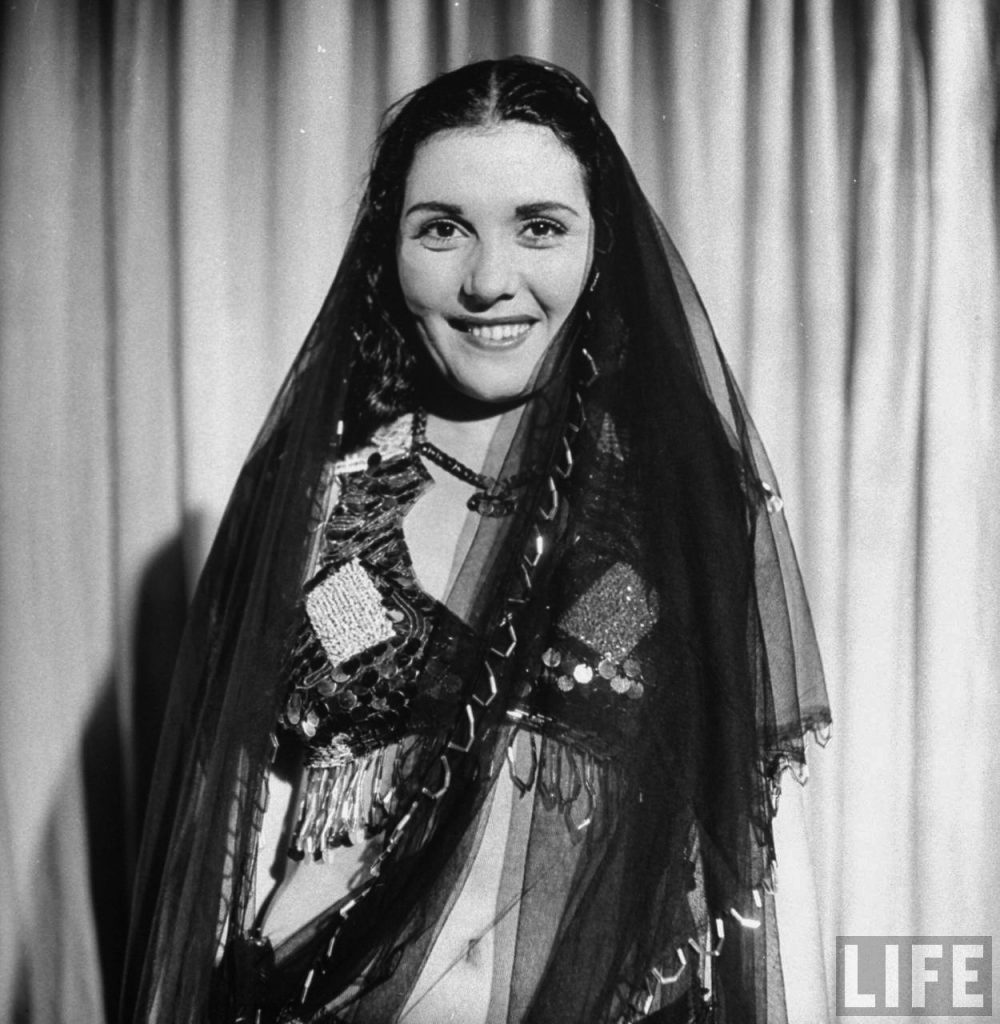Podcast: Baladi covers everything from bread to dance
Baladi is one of those elusive Arabic words that can mean different things to different people at different times.

Thursday 27 June 2018
‘Baladi' is one of those Arabic words that is hard to translate. In Egypt, it can mean native, local, authentic, folk, rustic, and even unrefined, uncouth, and low class.
Derived from ‘balad', the Arabic for country, town or village, baladi can be used to describe traditional culture, music and cuisine, a little like the English adjective ‘country'. It is often used to refer to the native, in other words, the “local”, even if the baladi was once not local at all, as opposed to the foreign, mostly western.
‘Eish baladi' describes the native round bread that Egyptians traditionally eat. And ‘Raqs baladi' refers to what English speakers call belly-dancing. Before entering the cabaret and the fantasies of orientalists, it was the traditional form of dancing that Egyptian girls and many boys learnt and performed at family events, such as weddings and feasts, minus the glitzy, revealing outfits that have become the stuff of cliché.
There was a time, not long ago, when the world's best and most innovative baladi dancers were Egyptians, and no Egyptian film was complete without an elaborate dance routine. Possibly the most legendary of the silver screen dancing queens was Tahiya Carioca, who began her illustrious career in the 1940s.
Today, fewer and fewer Egyptian women are dancing professionally. Paradoxically, this is both a sign of growing religious conservatism, which sees belly-dancing as sinful, and of rising gender equality, where ever more women feel that belly-dancing objectifies them.
Meanwhile, belly-dancing has become a popular fad amongst some European and American women, with schools popping up in some of the most unexpected of places, from Russia to the USA. Today, many belly-dancers in Egyptian and Arab nightclubs are from Eastern Europe, though Egyptian aficionados believe they lack the mischief and spontaneity of their Egyptian counterparts.
Egyptians feel both shame and pride, towards things that are baladi. While the so-called ‘foreigner complex' means Egyptians often see western things as superior and local as inferior, nationalistic pride pulls them the other way. This leads to the bizarre situation where baladi forms of music can, at once, be the object of disdain for some, especially from better-off classes, but also the subject of celebration, especially among the young or the revolutionary, who are reclaiming and reinventing this heritage, often in hybrid form.
Amid all the upheavals since the revolution in 2011, baladi again carries street cred. This can be seen in the popularity of T-shirts with Arabic slogans and calligraphy, where English once ruled. You also see it in how traditional teahouses and eateries are now trendy amongst the middle and upper classes.
But as has long been in the case, Egyptians are finding new and creative ways to merge and fuse the baladi with the foreign to create new varieties and flavours of the local.
___
This recording first appeared on the BBC World Service's The Cultural Frontline on 4 June 2018.

